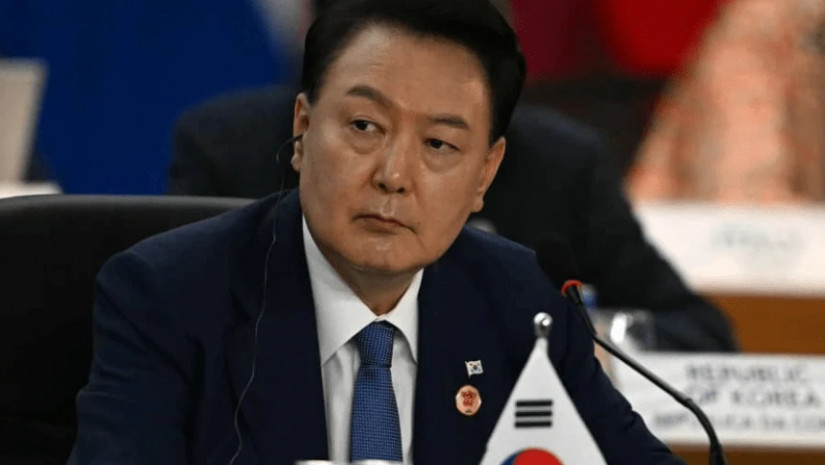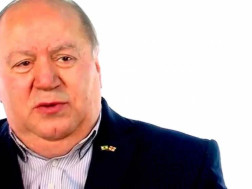Investigators from the national anti-corruption agency entered the residence of South Korean President Yoon Suk Yeol to execute an arrest warrant. However, the president's security service is preventing them from doing so.
Clashes have erupted at the residence between investigators and the president's security detail. Representatives of the president have declared the arrest attempt illegal. Until the Constitutional Court reviews the impeachment case, Yoon Suk Yeol is considered temporarily suspended and remains under the protection of the presidential security service.
A Seoul court issued an arrest warrant for the president and a search warrant for his residence on December 31, 2024. This action followed Yoon's disregard for three summonses from the High-Ranking Officials’ Anti-Corruption Investigation Office, which had called him in for questioning.
On December 14, the South Korean parliament voted in favor of impeaching the president. Out of 300 lawmakers, 204 voted in support of impeachment, while 85 voted against. The voting was conducted by secret ballot. This was the second attempt at impeachment; the first vote had failed to secure enough support for Yoon Suk Yeol's removal from office.
The impeachment was triggered by Yoon Suk Yeol's declaration of martial law on December 3, purportedly "to combat domestic supporters of North Korea." The six-hour decree banned political party activities, protests, and strikes, imposed censorship, and established military tribunals. This sparked widespread protests both on the streets of Seoul and in parliament. Lawmakers, even amid a military storming of the parliament building, voted to overturn the president's decision. As a result, Yoon was legally compelled to rescind the decree. On December 7, the president issued a public apology for his actions on live television.









